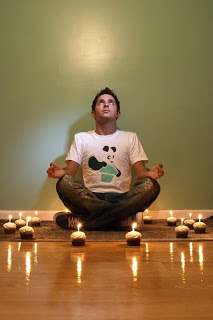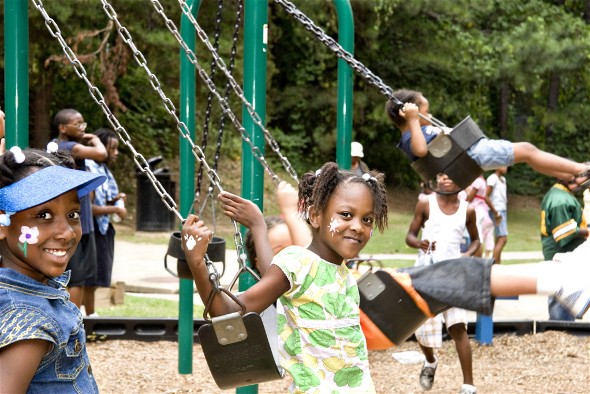Revisiting Habits, asking “How’s This Working For Me?”
 A month ago I went cold turkey.
A month ago I went cold turkey.
No online, paper, or radio news.
No social media.
No falling down the internet rabbit hole.
It wasn’t a particularly well-thought-out, planned-for decision. (Which defies everything we think we know about habit change – right? Conventional wisdom is that habits are easiest to change if we have a plan, have prepared, told significant others, have figured out alternatives, etc.)
But I had no plan. It was an impulsive decision, and I had prepared no one, including myself. I just knew that I felt attached at the hip to the news cycle, and wasn’t sure if it was serving me even though it’s easy to believe that we “should” be paying moment-to-moment attention. Life felt loud, like a bunch of clanging bells always ringing, shaking me out of my own thoughts and efforts. I felt attached at the hip to social media because of FOMO, but didn’t find myself happier or more connected as a result. (The research supports that anxiety and depression and isolation can actually increase because of internet usage!) I’m not morally opposed to the internet, and am grateful for the amazing things that happen on it and because of it. I hold no judgments of other people’s internet habits, but was finding that my own habits weren’t feeling particularly skillful. In other words: was it really worth the time and attention I was giving it?
Now, it’s been almost a month and I find that the impulse to open news and social media websites has mostly faded. Sometimes I find myself staring at my email, wanting there to be something entertaining and new there that somehow I missed, but then I realize – oh, I’m tired – or, oh, I’m not doing anything – and close the computer. Somehow, taking a sabbatical from most of my online world has reduced my stress and quieted the clanging.
I don’t miss the news. I hear from friends or family about what’s happening politically, and am concerned but also don’t miss the roller coaster ride. I’m finding other ways to be involved and engaged – reading more books (like The New Jim Crow and Mindful of Race), getting together more with colleagues, and listening to a series of Tara Brach’s lectures on Mindfulness and Psychotherapy. Somehow it seems like I’m experiencing more spaciousness as well – perhaps because I’m bombarding myself less with stimuli. I certainly don’t feel worse. If anything, I feel a bit healthier – a bit more here, in the present moment, with therapy clients and when I’m with family or alone.
My experience has reminded me that taking a step back to assess a part of our life – even a minute, mostly inconsequential part – can sometimes be useful. In the words of America’s favorite non-therapist therapist, Dr. Phil, “How’s that working for you?” He’s cheesy as hell, but it’s a great question.





 he mindfulness craze is still going strong, with articles in today’s New York Times about
he mindfulness craze is still going strong, with articles in today’s New York Times about 
 I’ve spent a lot of time this summer with my daughter at a particular Atlanta playground, becoming intimately familiar with, among other things, how slides are not made for my adult rear end, how seesaws take significant leg muscles, and how to apply sunscreen to my child’s face before she starts crying.
I’ve spent a lot of time this summer with my daughter at a particular Atlanta playground, becoming intimately familiar with, among other things, how slides are not made for my adult rear end, how seesaws take significant leg muscles, and how to apply sunscreen to my child’s face before she starts crying.